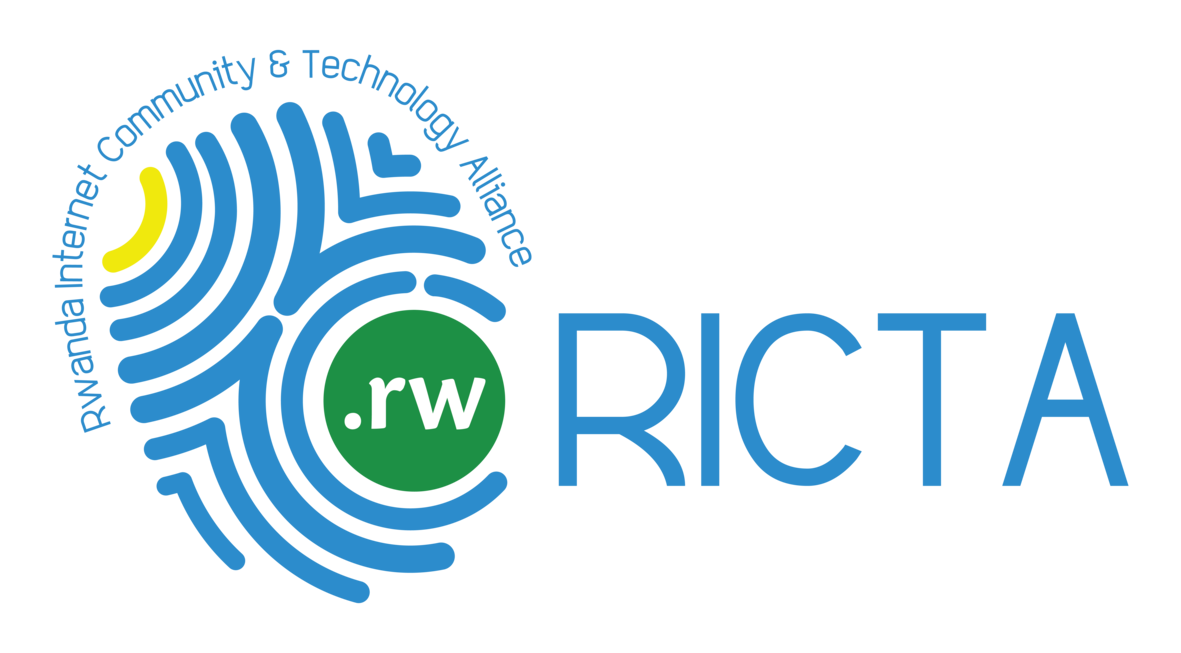In today’s rapidly evolving world, technology has become an integral part of our daily lives. From healthcare to education, agriculture to finance, technology is transforming the way we live, work, and interact. In countries like Rwanda, where digital transformation is gaining momentum, the potential of technology to improve lives is not only a reality but a driving force for the future.
Bridging the Digital Divide
One of the biggest challenges facing developing nations is the digital divide—the gap between those who have access to modern information and communication technologies and those who do not. However, as Rwanda and other nations have demonstrated, bridging this divide can be achieved through strategic investments in digital infrastructure. With initiatives like The Rwanda Economy Digitalisation Programme, an initiative to support a sustained shift to an inclusive, digitalised economy, and Rwanda’s Vision 2050 that articulates the long-term strategic direction for “the Rwanda we want” and the enabling pathways to achieve this ambition. This includes expanding Internet access, building a nationwide fiber optic network, and embracing mobile technologies that reach even the most remote areas.
As a result, many Rwandans now have access to the Internet, allowing them to access online education, e-commerce platforms, and even healthcare services. Rural communities, which once struggled with limited access to resources, are now experiencing the benefits of connectivity, leading to better economic opportunities and improved quality of life.
Improving Healthcare Through Innovation
The healthcare sector is another area where technology is making a profound impact. Telemedicine, for instance, allows doctors to consult with patients remotely, breaking down geographic barriers and providing timely care to those in rural or underserved areas. In Rwanda, mobile health apps are being used to deliver healthcare services and information to citizens, making it easier for them to track their health and access medical advice.
One of the most promising areas of healthcare innovation is the use of data and artificial intelligence (AI). AI is being used to analyze patient data, predict potential health risks, and recommend treatment plans. With the integration of AI, the healthcare system in Rwanda is becoming more proactive, efficient, and personalized, ultimately saving lives and improving public health outcomes.
Revolutionizing Education
Technology is also revolutionizing education. With the availability of online learning platforms, students in Rwanda, regardless of their location, now have access to high-quality educational resources. Initiatives like School Connectivity Program, aimed at connecting all primary and secondary schools in the country to high speed internet by the end of 2024.
Moreover, the integration of digital tools in classrooms is enabling teachers to engage students in new and innovative ways. Virtual classrooms, digital textbooks, and online learning modules are transforming traditional education and providing students with opportunities to acquire skills that are essential for the future workforce.
Empowering Businesses with Digital Tools
In the business sector, technology is opening doors for entrepreneurs and small businesses. E-commerce platforms allow local businesses to reach global markets, while digital payment systems enable secure transactions, even in areas where traditional banking infrastructure is limited. The rise of fintech solutions in Rwanda has empowered individuals to access banking services, make payments, and manage their finances, all through their mobile phones.
Rwanda’s growing tech ecosystem is fostering innovation and creating new opportunities for businesses to scale. Startups and tech hubs are thriving, creating jobs and driving economic growth. The country’s push toward becoming a regional technology hub is transforming its economy, attracting both local and international investment.
Sustainable Agriculture Through Technology
Agriculture remains the backbone of Rwanda’s economy, and technology is playing a crucial role in modernizing the sector. Through the use of mobile apps, farmers can access weather forecasts, market prices, and agricultural advice, allowing them to make informed decisions that improve productivity and reduce waste. Additionally, precision farming technologies, such as drones and sensors, are helping farmers to optimize water usage, monitor crop health, and increase yields.
As climate change continues to impact farming practices, technology is providing solutions that help farmers adapt to changing conditions and build more resilient agricultural systems. By embracing innovation, Rwanda is creating a more sustainable and prosperous agricultural sector.
The Future of Technology in Rwanda
The future of technology in Rwanda is bright. The government’s commitment to digital transformation, combined with the growing tech-savvy population, sets the stage for even greater advancements in sectors such as education, healthcare, agriculture, and business. As technology continues to evolve, the potential for improving lives across the country is limitless.
However, there are challenges to overcome, including ensuring equitable access to technology, fostering digital literacy, and addressing cybersecurity concerns. By addressing these challenges and continuing to invest in digital infrastructure, Rwanda can position itself as a model for other countries seeking to harness the power of technology to improve lives.
Conclusion
Technology has the power to transform lives, and in Rwanda, it is already making a significant difference. From enhancing healthcare and education to empowering businesses and farmers, technology is driving positive change and creating opportunities for a brighter future. As Rwanda continues to harness the power of innovation, the world will undoubtedly witness how digital transformation can improve lives and contribute to sustainable development. The future is digital, and in Rwanda, it’s already unfolding.

